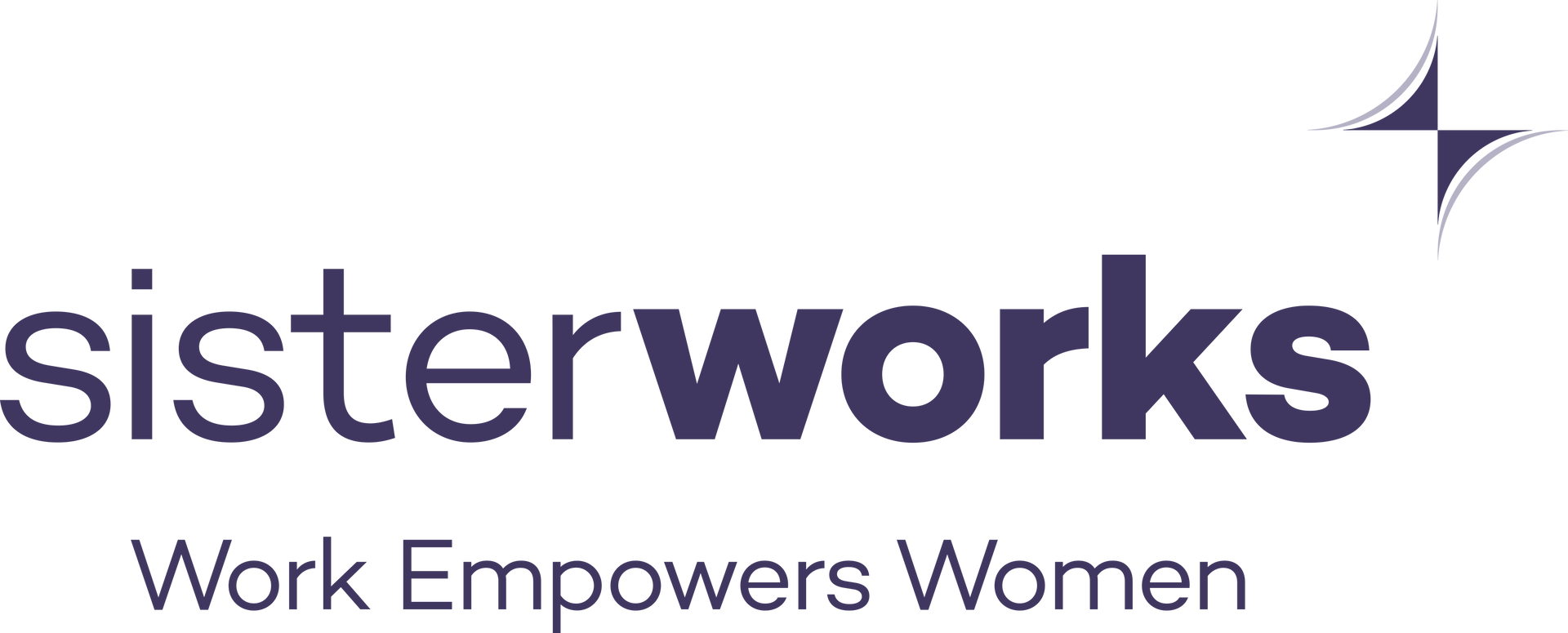How to approach a salary review
How to approach a salary review
Salary review time in the legal industry is upon us. Lawyers and legal support staff are brushing off their negotiation skills. Some of them are also crossing their fingers for a good outcome. The days of a guaranteed salary increase are long gone. Firms are focussed on cost savings and revenue performance in an increasingly competitive market. Legal Firms have a constant juggle to manage costs. They also have to keep lawyers and legal support staff engaged and challenged in their roles.
It is talent that attracts clients to their firm and keeps the revenue rolling. It is in their best interest to manage staff turnover and keep you satisfied. Having said that, a salary increase is not a given. Why should you get more money for doing the same thing you did last year?
Here is how we suggest you approach an annual salary review.
Step 1. Gather evidence
Salary reviews are both productivity and performance related. That means you need to have evidence that your contribution is deserving.
- Can you prove you raised revenue?
- Contributed to cost cutting?
- Taken on more responsibility that meant that head count could be reduced?
- Have you taken on more clients?
- Billed more hours?
- Have you sourced evidence that demonstrates you are being paid less than the current market rate?
- Have you added to your skills and knowledge throughout the year?
- Is there a big demand by clients of your current speciality?
Step 2. Consider company performance
- Has the firm performed well during the financial year?
- Have budgets been met?
- Is revenue on target?
- How are current market conditions?
Step 3. Ask the question
You may be surprised how many people turn up for their annual salary review and simply do not ask for an increase. It can be as simple as stating "I'd like you to consider a salary increase". Backup your question with plenty of facts and figures supporting your argument.
Step 4. Consider non-cash options
When budgets for salary increases are limited, don't forget that there are non-cash options to consider. Could your employer provide you with access to any of the following?
- annual bonus
- private health insurance
- above average superannuation
- flexible working hours
- flexible leave options
- parking
- training / study assistance
Training / Study Assistance can be a particularly useful non-cash option as it allows you to upskill. This then adds to your value to the organisation and your own skill set.
Step 5. What to do if the answer is 'no'
If you feel that your contribution is outstanding and your firm has been unable to meet your expectations, it might be time to consider a new role. Moving to a different firm will generally increase your salary. Having said that, leaving an organisation for more money is an extreme step. You should be sure that a new role will be fulfilling and the right move for your career and current situation. If leaving is too extreme, start gathering evidence of your contribution for the next review cycle. And make it impressive!
Want to find out what you are worth? Check out Seek's salary tools or contact our office for a confidential discussion.















